This week, we take a look at how marmite is making moves on Gen Z, AI is getting a sugar hit with new tech that can test for diabetes and a campaign in the UK is smashing the stigma of sex and pleasure within the cancer community. In Latin America, one airline goes viral for a brilli*ntly b*d camp*ign. Check it out below!
No reason for Gen Z to love your product? Marmite gives them one
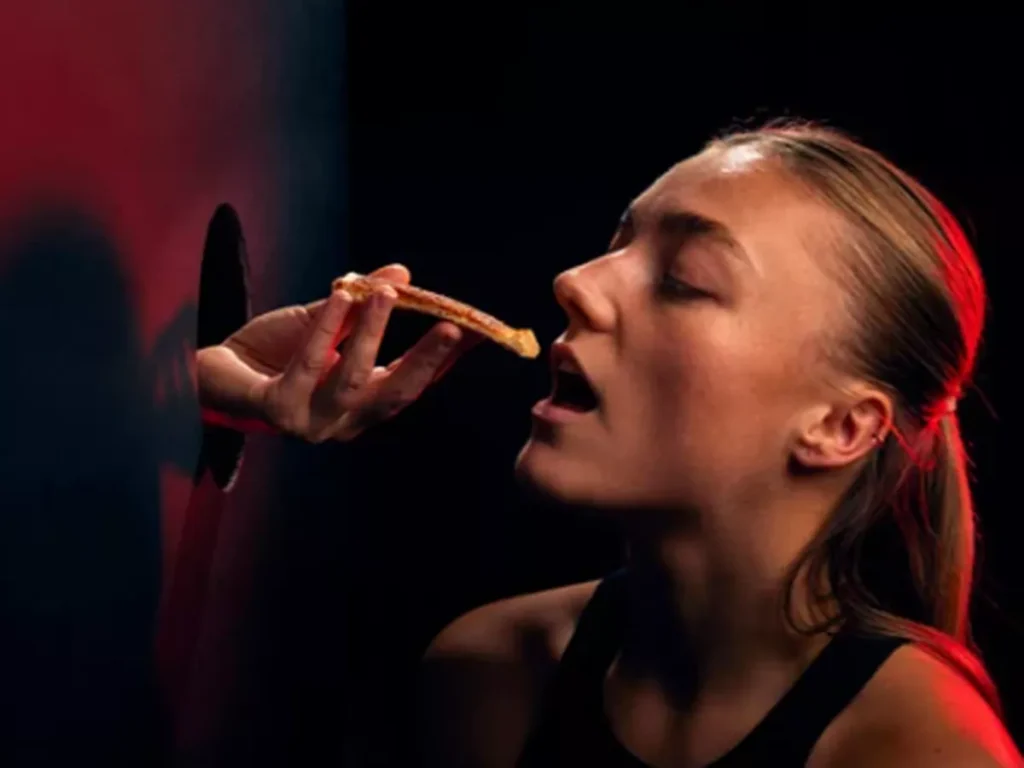
Gen Z might be the least sexually active generation since the Victorians, and the first since the fifties to demand actually less bonking in movies and books, but Marmite either hasn’t noticed, or doesn’t care. With their “love it or hate it” bravado showing, the controversial spreadable is pursuing Bristol’s Gen Z with the courage and determination of a drunken lothario at a wedding.
Their innuendo-laden campaign challenges people to step into a dark room where they can anonymously* experiment with various ‘tasting positions’ (?) “tasting holes” (??!!), and a Marma-Sutra recipe book. There’s also a Marmite Butty Call Hotline, that will deliver Marmite-on-toast within an hour.
It’s bold. It’s brave. It’s completely bananas. But it lands a bullseye on the adventurous audience that the brand is targeting. You’ve got to hate love it.
AI takes a sugar hit

Scientists in US-based Klick Labs have created a new AI model that can apparently tell if someone has type 2 diabetes using just six to ten seconds of voice audio, with results coming back with an 89% accuracy rate for women and 86% accuracy rate for men.
It works by detecting subtle changes to our vocal pitch and intensity that we can’t hear ourselves. Using this info in combination with some basic health data, the app can then detect if the person has type 2 diabetes.
This is a pretty interesting development in how AI is integrating into our healthcare.
Cancer taboo? Smash that.
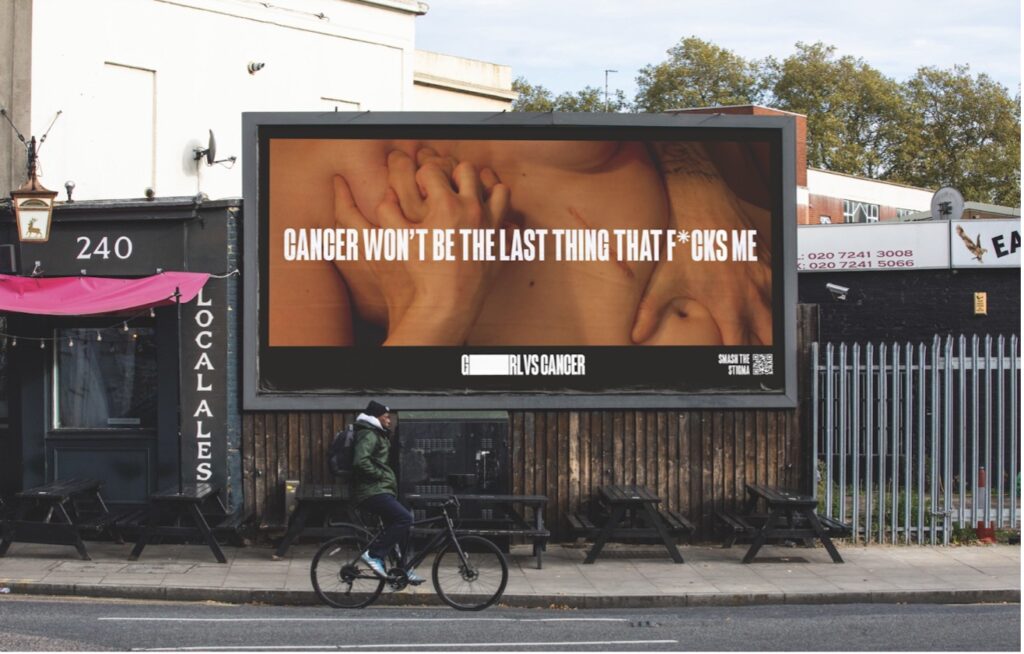
A community charity based in the UK is confronting stigma around sex and pleasure within the cancer community. The campaign by Girl vs Cancer aims to smash the stigma and empower women to rediscover their sexuality, sensuality and embrace intimacy post-diagnosis. Accompanied by three short films, each focusing on the experience and stories of women who have had a cancer diagnosis, the campaign addresses the challenges and ways of navigating the changes to sexuality brought about by the disease.
Girl vs Cancer is also using this campaign as an opportunity to gather much needed data and carry out research on the experiences of women post-diagnosis and those in remission, and to provide free resources for those on this journey.
Research shows that 60% of women with cancer say that they experience sexual dysfunction. There is so much taboo around women’s sexual expression and pleasure already without the nuance of dealing with illness. This campaign is striking, daring and ultimately something that has the ability to make women feel seen and less isolated in their experience.
*vianca’s rebr*nding dis*ster
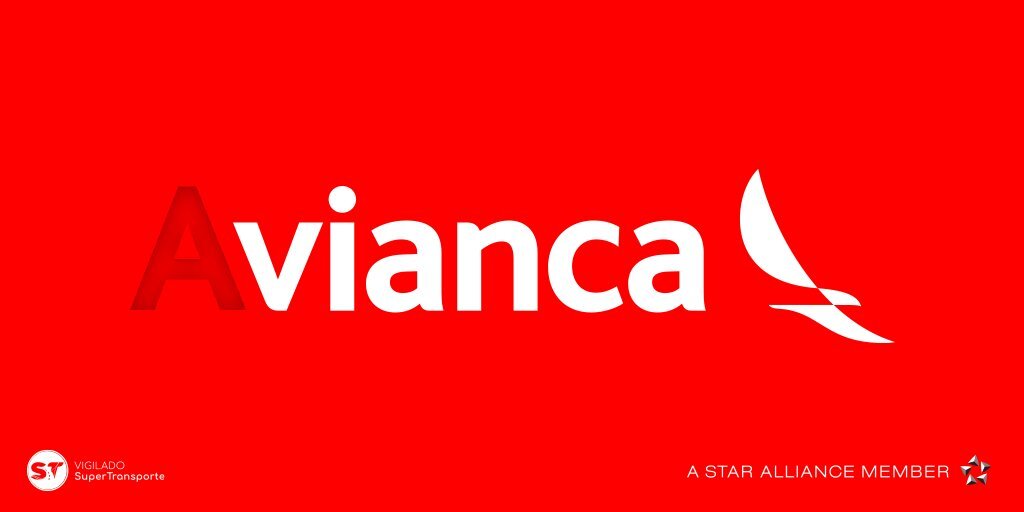
Avianca, one of the largest airlines in Latin America, launched a campaign that immediately resulted in mass confusion for the airlines social media followers.
Posting on Twitter/X, it all began with the brand announcing that the “A” in its name had mysteriously disappeared, and inviting followers to uncover #whathappenedtotheA.
Naturally, sh*t hit the fan.
With over 2,000 people engaging with the campaign, answers predominantly featured not-so-sly digs at the brand from customers, such as:
[The “A”] disappeared like the space between their seats.
No wonder! They now charge to see the full logo.
[The “A” is…] lost like the good service they previously had.
Some of the airline’s competitors couldn’t resist the opportunity to clip their wings.
“Our friends at Avianca are wondering #whathappenedtotheA. We confirm that we found it, it left with Wingo’s low fares.”
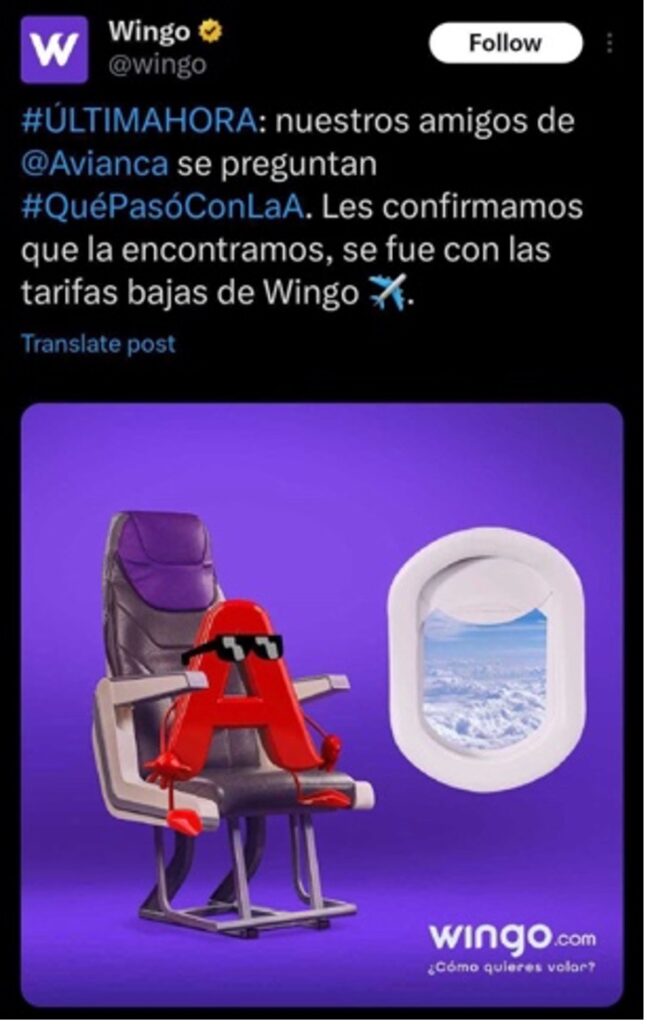
“Wingo and Avianca, if you are still wondering #whathappenedtotheA it left behind the frustration of your overbooking flights and flew to better destinations. Here is the proof:”
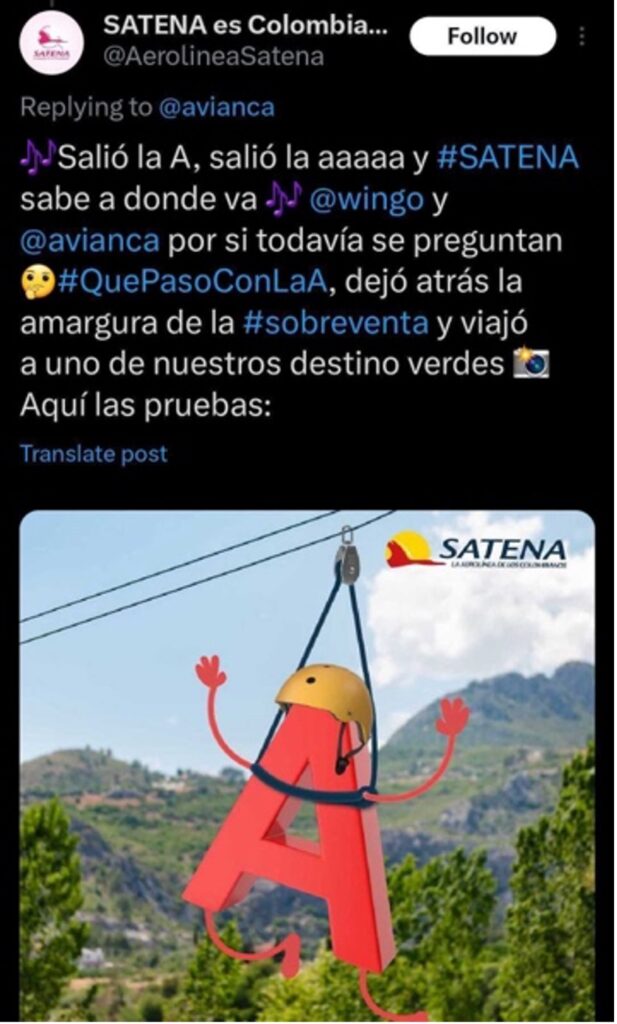
Days later Avianca finally revealed what it was all about. They were rebranding with a lowercase a. From Avianca to avianca. Talk about an anti-climax.

Still, the campaign may have gone awry but it still got talked about all over the world. Avianca may have felt the wrath of their audience but if the objective was to raise awareness around a rebrand, the job was done.
